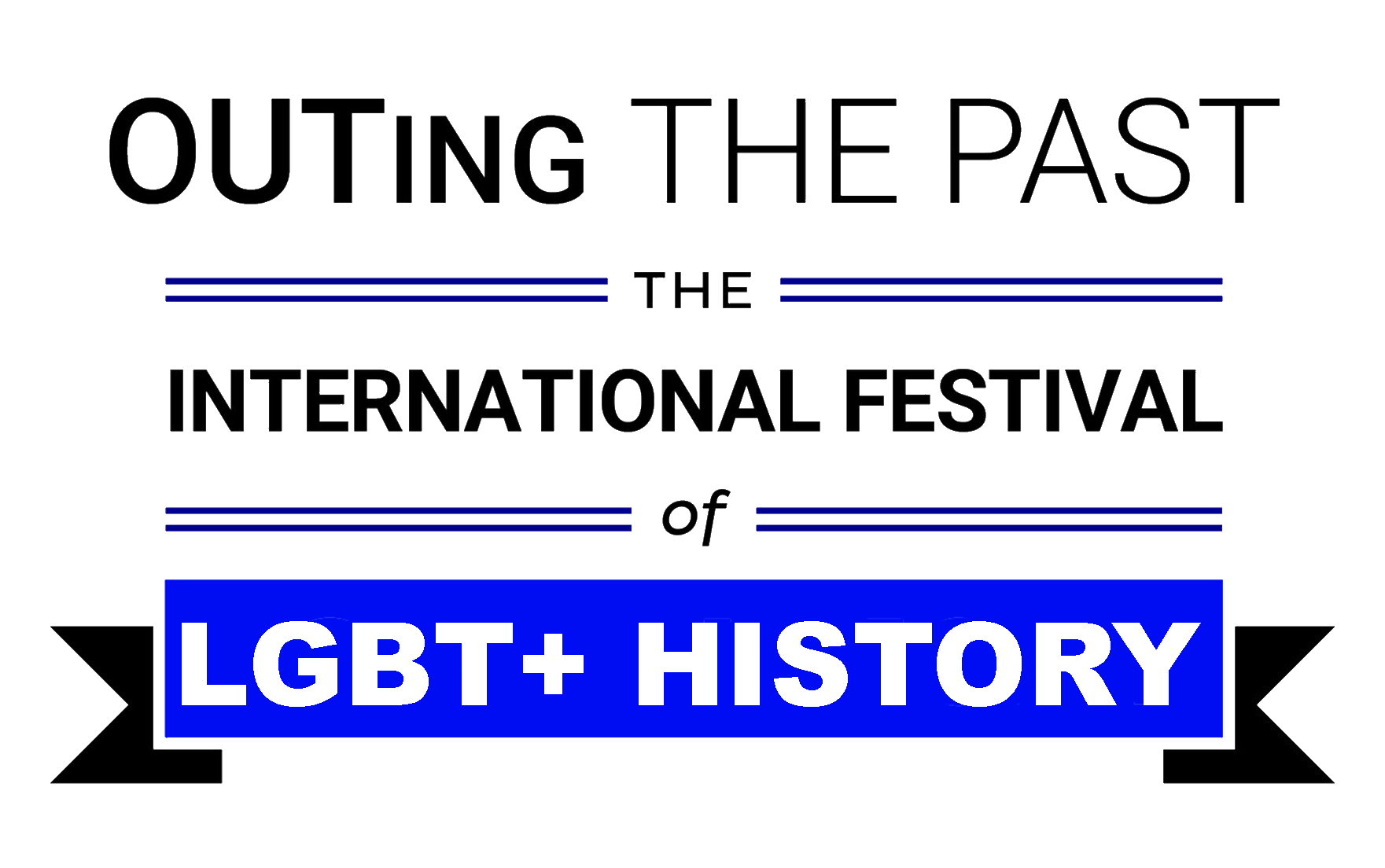Writing Festival Theatre: “Mister Stokes: The Man-Woman of Manchester”
Abi Hynes looks back on writing her festival theatre play for 2016 “Mister Stokes: The Man-Woman of Manchester”
JO DAKIN AS BETSY AND JOEY HATELEY AS HARRY STOKES (LEFT TO RIGHT)
I realised pretty early on that writing a play about Harry Stokes was going to involve summoning his ghost. It was one of those ‘click’ moments – it’s like looking at the picture on the box of a 1,000 piece jigsaw, and suddenly the pieces in from of you become a puzzle that can be put together, rather than just a baffling jumble of shapes. I think the reason I’m drawn to research and historical plays is that puzzle-like quality, which often feels more like codebreaking than creating. I always tell myself that there is a way to solve the problems that the piece in front of me poses, and I will find it, if I just give it enough time and thought.
This is mostly just a useful mental trick to take the pressure off while I’m writing; because, of course, you have to invent things. Research provides us with the facts but the facts are not a story, and a story is what an audience needs. That human touch that opens the door and lets the truth in; blurry and subjective and contradictory as it may be (and usually is).
Mister Stokes: The Man-Woman of Manchester told the story of a Victorian Manchester and Salford bricksetter, who drowned in the River Irwell and was discovered to be biologically female. The ‘story framework’ I invented for the play about him grew from two key concerns. The first was that I wanted Harry – or my imagined version of him, anyway – to be able to tell his own story. The second was his mysterious drowning, which really was the ‘inciting incident’ from a playwriting perspective, in that his exposure, and our resulting contemporary interest in him as a potential trans pioneer, all sprang from that event – regardless of the fact that it left me with the dilemma of my main character being dead right at the start of the play.
JO DAKIN AS ADA, AN INVENTION
My solution was to create a situation in which Ada, a (fictional) woman brought in for the ‘laying out’ of Stokes’ body, encounters his ghost. In the course of their strange meeting, Harry not only tells Ada parts of his life story, but also shows her, by transforming her into both of the (real) women he was married to and getting her to help him re-enact scenes from his past. It gave the play its own dramatic arc; the audience get to invest in the growing friendship between Harry and Ada as his candor overcomes her prejudices, and ultimately, when his ghost has left her, we also witness her betray him by revealing the anatomical truth.
Naturally, none of these scenes with Ada really happened. I mean, there really were two women who would have examined Harry Stokes’ body before the inquest, but I doubt that either of them were much like my Ada, and I am certain that neither of them had a conversation with his ghost. But the story that the framework allowed me to tell about Harry’s life was, at the very least, entirely based on research, and represented a possibleversion of what happened, which is often the best that a historian can hope for. Ada held the door open, and with any luck some truth crept in.
Photo credit: Nicolas Chinardet


